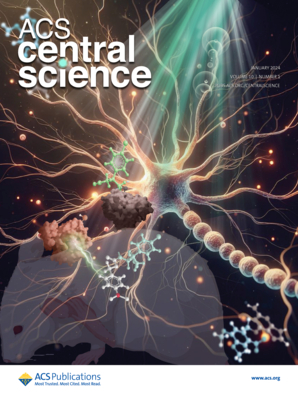从三角恋爱理论看用户是否会爱上 ChatGPT?
IF 12.7
1区 化学
Q1 CHEMISTRY, MULTIDISCIPLINARY
引用次数: 0
摘要
人类与 ChatGPT 的情感互动现象日益增多。本研究旨在探讨用户是否会爱上 ChatGPT,并揭示其前因后果和内在机制。基于社会技术框架和三角恋爱理论,我们研究了与 ChatGPT 相关的属性以及影响用户情感依赖的内在过程。通过对 466 名与 ChatGPT 进行过情感互动的用户进行调查和数据分析,我们发现 ChatGPT 的三个情商因素和两个情感陪伴因素对爱情三角理论中的因素产生了积极影响,并与用户对 ChatGPT 的情感依赖相关联。研究结果还表明,焦虑依恋型人格的用户容易对 ChatGPT 产生情感依赖。本研究创新性地探讨了 ChatGPT 中的人机恋爱关系现象,揭示了人机恋爱关系的内在机制。它丰富了人机恋爱关系的研究,并扩展了爱情三角理论。此外,我们还捕捉到了 ChatGPT 独特的情感交互特征,为未来基于 ChatGPT 的人工智能产品的设计和开发提供了现实意义。本文章由计算机程序翻译,如有差异,请以英文原文为准。
Will users fall in love with ChatGPT? a perspective from the triangular theory of love
The phenomenon of human-ChatGPT emotional interaction has become increasing. This study aims to address whether users will fall in love with ChatGPT and to uncover the antecedents and underlying mechanisms. Based on the social-technical framework and the triangular theory of love, we examine the attributes tied to ChatGPT and the inherent processes that influence the emotional dependence of users. Through a survey and data analysis of 466 users who have engaged in emotional interactions with ChatGPT, we find that three ChatGPT’s emotional intelligence factors and two emotional companionship factors positively influence the factors of the love triangle and are associated with users’ emotional dependence on it. The findings also suggest that users with an anxious attachment personality are predisposed to develop an emotional dependency on ChatGPT. This study innovatively explores the phenomenon of human–machine romantic relationships in the context of ChatGPT, revealing the underlying mechanisms of human–machine romantic relationships. It enriches the research on human–machine romantic relationships and extends the Love Triangle Theory. Additionally, we capture the unique emotional interaction features of ChatGPT, providing practical significance for the design and development of future artificial intelligence products based on ChatGPT.
求助全文
通过发布文献求助,成功后即可免费获取论文全文。
去求助
来源期刊

ACS Central Science
Chemical Engineering-General Chemical Engineering
CiteScore
25.50
自引率
0.50%
发文量
194
审稿时长
10 weeks
期刊介绍:
ACS Central Science publishes significant primary reports on research in chemistry and allied fields where chemical approaches are pivotal. As the first fully open-access journal by the American Chemical Society, it covers compelling and important contributions to the broad chemistry and scientific community. "Central science," a term popularized nearly 40 years ago, emphasizes chemistry's central role in connecting physical and life sciences, and fundamental sciences with applied disciplines like medicine and engineering. The journal focuses on exceptional quality articles, addressing advances in fundamental chemistry and interdisciplinary research.
 求助内容:
求助内容: 应助结果提醒方式:
应助结果提醒方式:


